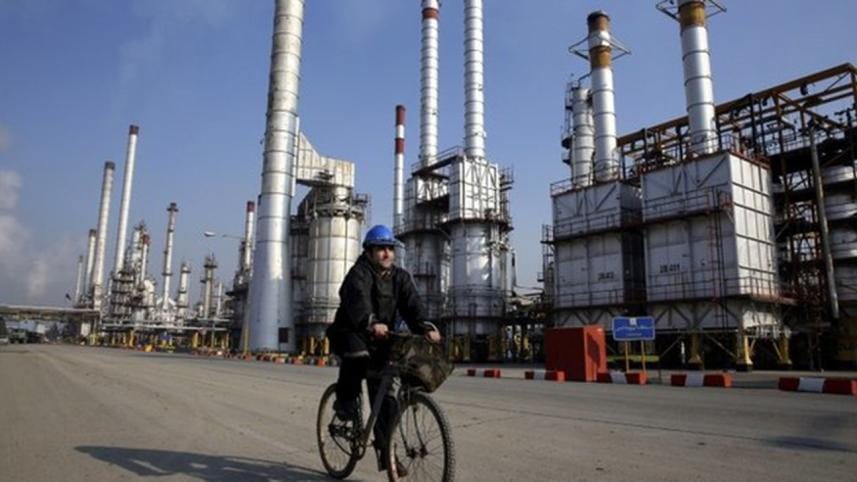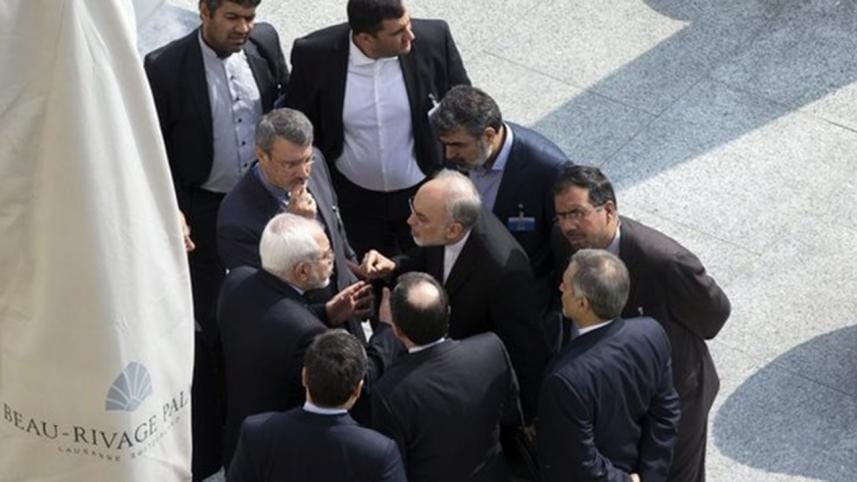Obama tells Iran of 'historic' opportunity

US President Barack Obama has told the Iranian people that a deal to transform the relationship between the two countries could be within reach.
"We have the best opportunity in decades to pursue a different future between our countries," he said in a video message for Persian New Year.
Six world powers are negotiating a deal aimed at limiting Iran's nuclear activity, with a March deadline near.
The president conceded there were still "gaps" in negotiations but was hopeful.
"This moment may not come again soon," said Obama in his message celebrating Nowruz.
"I believe that our nations have an historic opportunity to resolve this issue peacefully - an opportunity we should not miss."
If Iran's leaders agreed to a reasonable deal, then the country would be on a path to prosperity, he said.
Isolation awaited if agreement was not reached, he added.
But the president has yet to convince the US Congress of the merits of a deal, and many lawmakers remain opposed to the easing of sanctions.
Earlier this month, 47 Republican senators warned Iran's leaders that any deal on Tehran's nuclear programme could be revoked once Obama leaves office.
The move was condemned by the White House as an attempt to undermine the president's foreign policy.
According to unnamed officials talking to Associated Press news agency, the deal being hatched in the long-running talks will commit Tehran to a 40 percent cut in the number of machines it could use to make an atomic bomb.
In return, economic sanctions would be eased sharply and a UN embargo on conventional arms would be partially lifted.

The sticking points are thought to include the pace at which sanctions would be lifted, how long the deal will last and how much Iran's nuclear facilities will be open to inspection.
On Thursday, a cross-party letter signed by 360 members of Congress was sent to the president, reminding him that the lifting of permanent US sanctions against Iran would require new legislation from Congress.
Iran insists its nuclear programme is solely for peaceful purposes but members of the international community fear it has military ambitions.
On Thursday, US Secretary of State John Kerry and Iranian Foreign Minister Mohammad Javad Zarif met for the fourth consecutive day in Switzerland.
The six world powers - the US, China, Russia, UK, Germany and France - and Iran are hoping to reach a framework agreement by 31 March.



 For all latest news, follow The Daily Star's Google News channel.
For all latest news, follow The Daily Star's Google News channel.
Comments